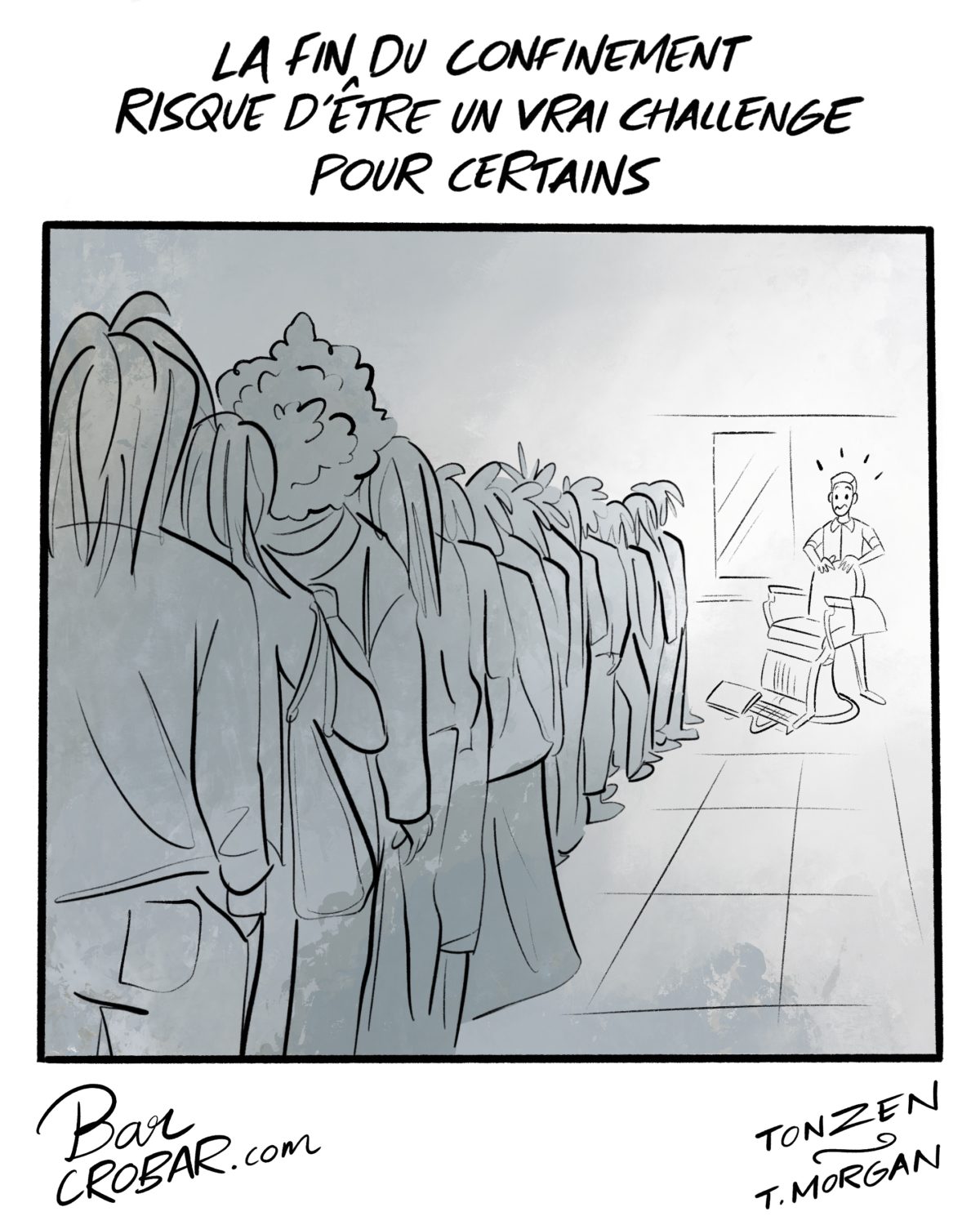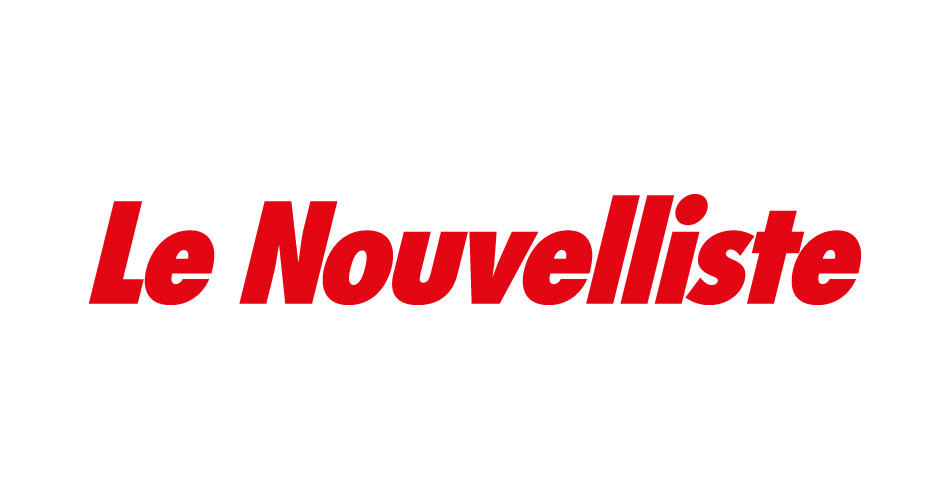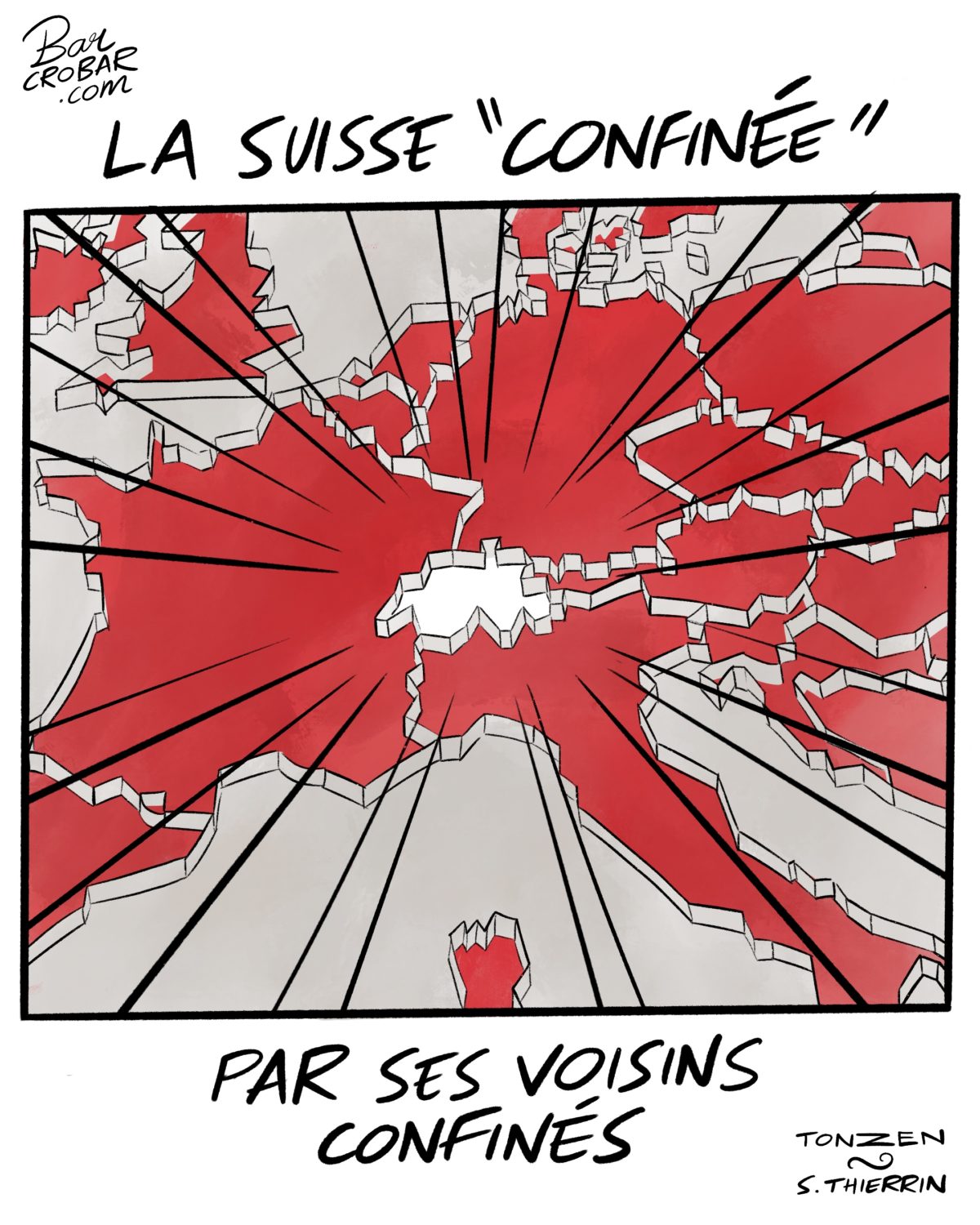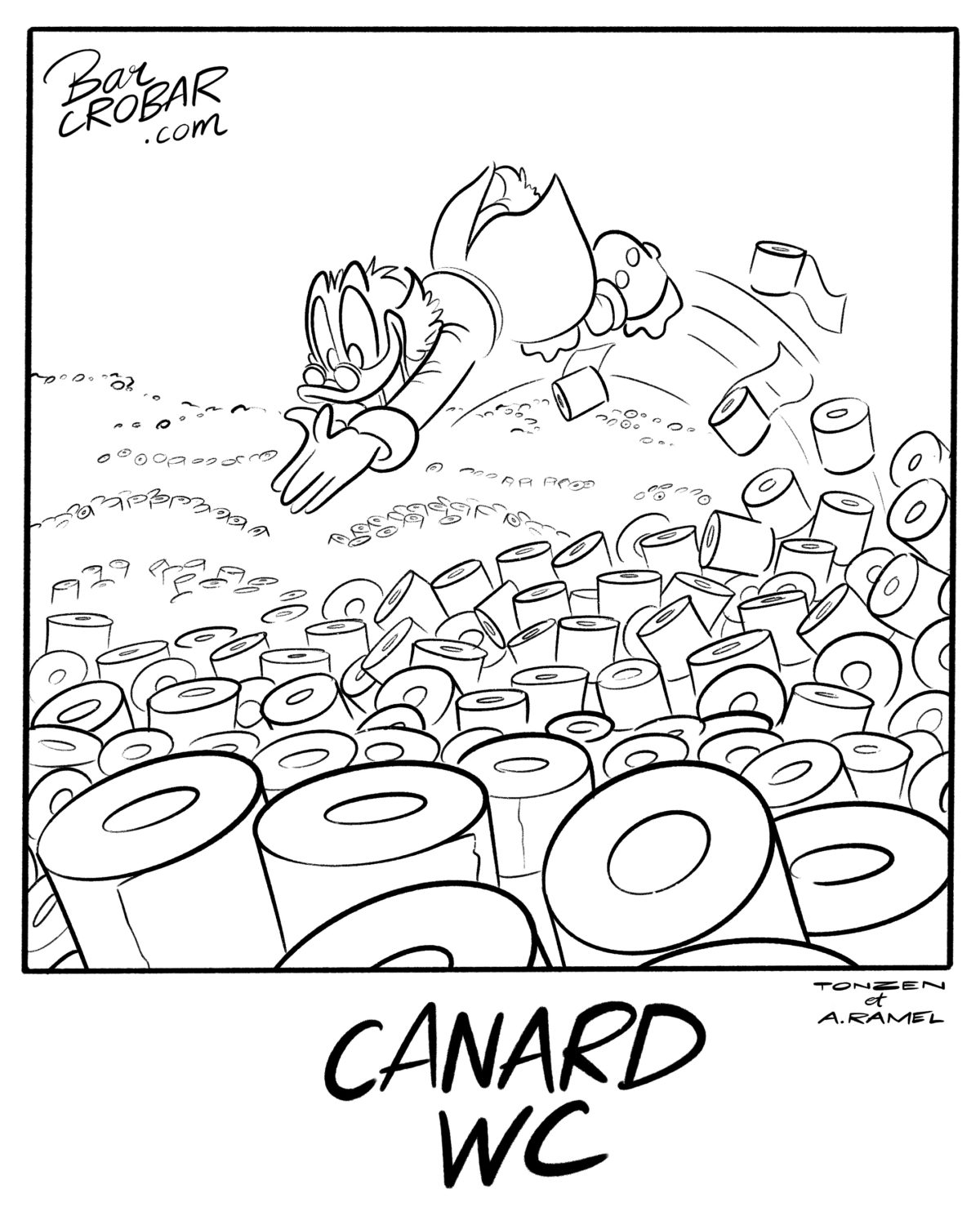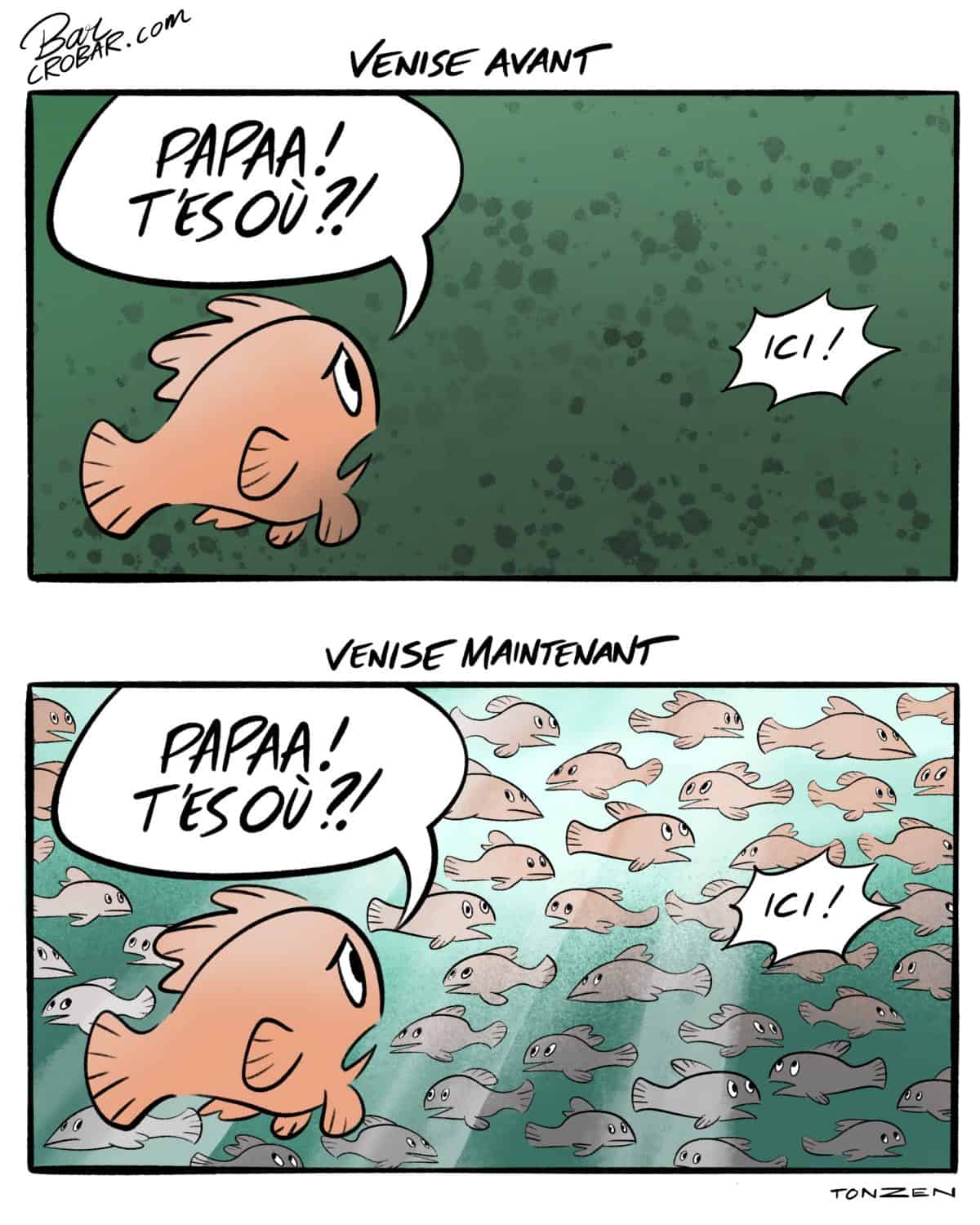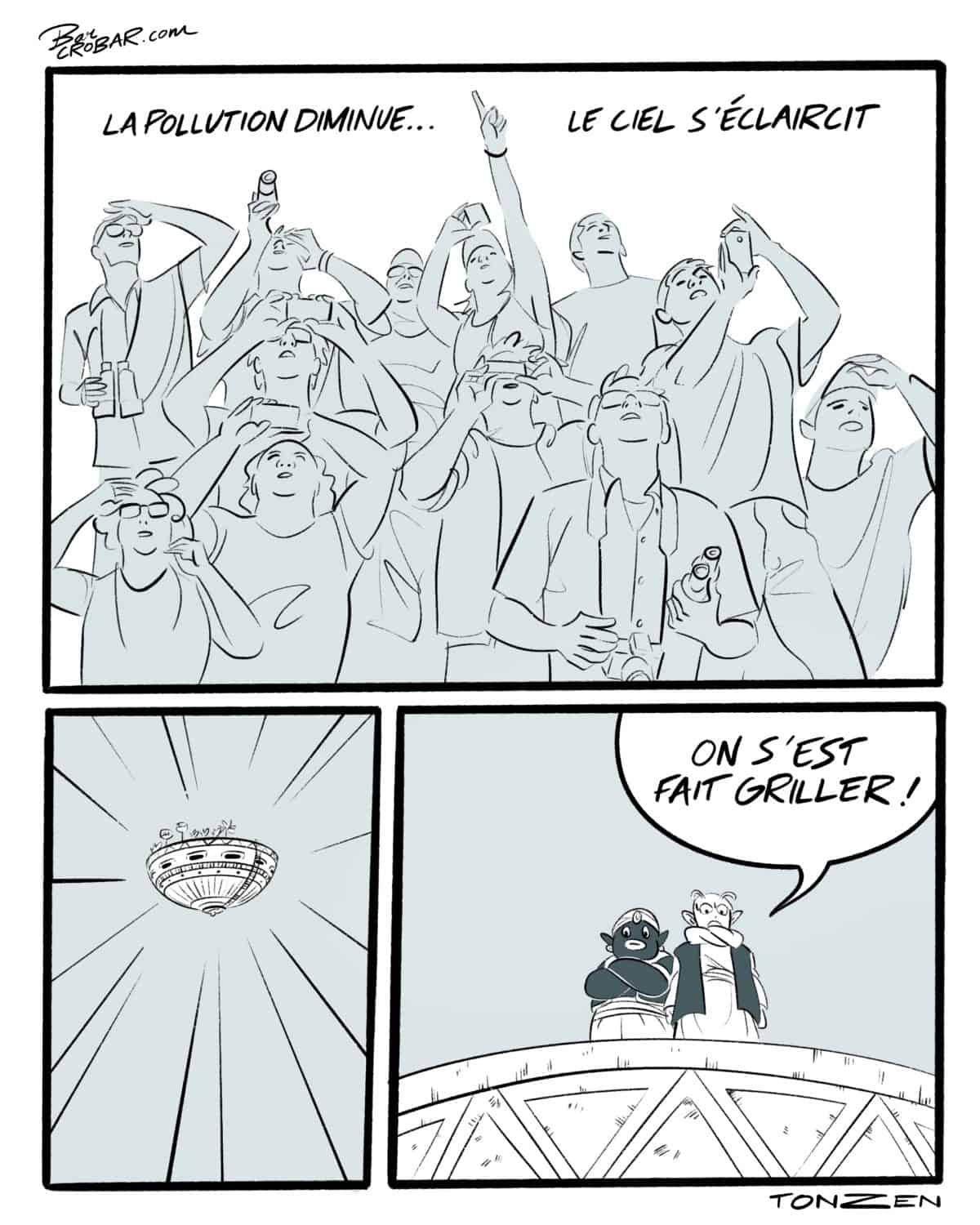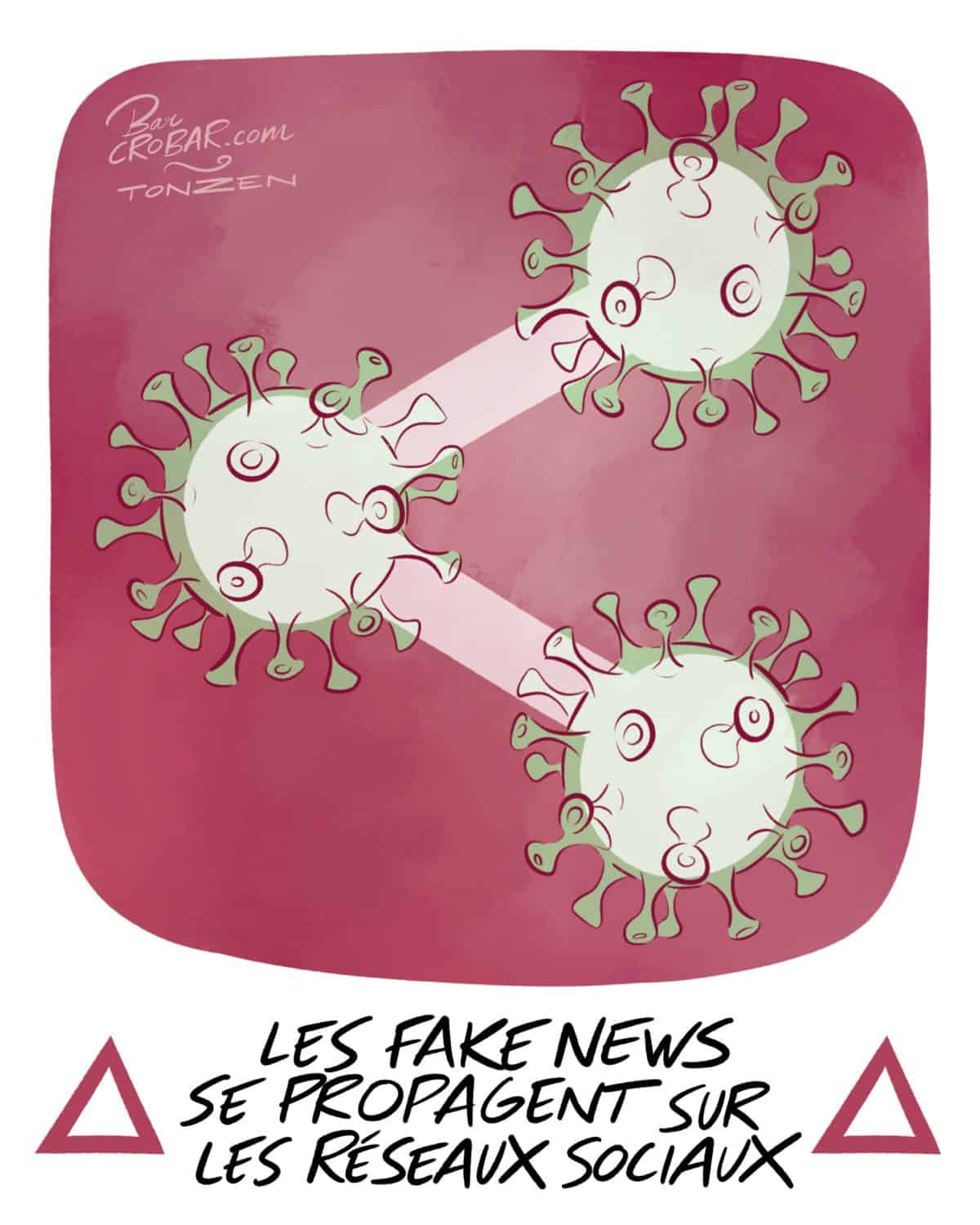Un autre fléau se propage en même temps que le coronavirus, celui des fausses informations. Voici quelques astuces simples pour ne pas vous faire contaminer.
Une « infodémie massive ». C’est ainsi que l’Organisation mondiale de la santé a qualifié les fausses informations qui se propagent à l’échelle mondiale en même temps que le coronavirus depuis le début de l’épidémie. Pour ne pas être infecté par ces « fake news », mais aussi pour éviter de contaminer vos proches, franceinfo vous donne sept conseils simples qui vous permettront de vous protéger de la désinformation.
Méfiez-vous du bouche à oreille numérique
La manière dont une information est partagée doit vous faire tiquer. Il y a plus de raisons de la mettre en doute si elle vous arrive dans votre boîte aux lettres électronique par un mail de votre grand-mère, qu’elle a elle-même reçu de quelqu’un d’autre, sur WhatsApp par un message de votre cousin dans votre groupe familial, partageant un contenu en provenance d’un autre groupe, par une publication d’un « ami » qui apparaît dans votre fil Facebook. Il y a plus de raisons de croire une information si elle est publiée par un média connu et reconnu (un site d’information comme franceinfo.fr, un journal comme Le Monde, une chaîne de télévision comme France 2 ou une radio comme France Inter par exemple).
L’une des dernières intox les plus virales à propos du coronavirus, qui énumérait une série de conseils tous plus faux les uns que les autres à propos du virus et de la manière de s’en prémunir, s’est propagée sous forme de chaîne de mails et de messages sur les réseaux sociaux.
Ne croyez pas les arguments d’autorité
Avez-vous remarqué comme les rumeurs sont souvent accompagnées d’une petite phrase assurant que l’information provient d’un éminent spécialiste, parfois anonyme, travaillant de préférence à l’autre bout du monde et dont vous n’avez jamais entendu parler ? La mention de cette figure, censée faire autorité, n’a qu’une seule raison d’être : donner de la crédibilité à la fausse information.
Voici quelques-unes de ces formules employées dans les dernières « fake news » les plus virales à propos du coronavirus : « Cette information vient de médecins actuellement sur le front de lutte contre le virus… » Ou encore : « Les experts de Taïwan fournissent une auto-vérification simple… » Ou mieux : « Sérieux excellents conseils de médecins japonais traitant des cas de Covid-19 ». Quels sont leurs noms ? Existent-ils seulement vraiment ? L’intox ne vous le dira pas, évidemment.
L’une des multiples variantes de l’intox sur les conseils pour se protéger du Covid-19 commençait par ces mots : « Voici de nouvelles informations qui proviennent d’un chercheur de Shenzhen transféré à Wuhan pour collaborer avec la task force contre l’épidémie de coronavirus. »
Maîtrisez vos émotions
Les fausses informations jouent sur vos sentiments pour se propager. Leurs auteurs veulent que vous vous sentiez choqués, révoltés, inquiets, soucieux ou même apeurés, afin que cette émotion vous pousse à partager à votre tour leur contenu. Les « fakes news » se servent aussi de notre « biais de confirmation » : nous avons envie de croire à certaines choses et elles nous enferment dans nos convictions.
Les intox autour du Covid-19 n’échappent pas à la règle, en ne manquant pas de vous rappeler que « cela peut sauver beaucoup de monde », comme celle-ci, qui prétend fournir un test respiratoire à faire soi-même chaque matin pour s’assurer qu’on ne souffre d’aucune infection respiratoire. Vous allez être tenté de répandre la bonne nouvelle autour de vous. N’en faites rien. Vous risquez au contraire de les mettre en danger.
Lisez les commentaires
Cela peut vous sembler paradoxal, mais si vous devez vous méfier de ce qui est écrit et partagé sur les réseaux sociaux, nous vous conseillons dans le même temps de lire les commentaires écrits en réponse à une publication douteuse. Il arrive très souvent que des internautes mettent en doute la véracité du contenu ou alertent sur sa fausseté. Parfois même, ils fournissent une capture d’écran ou un lien vers une page internet confirmant que vous êtes bien face à une « fake news ».
Ici par exemple, un internaute tente de faire croire qu’il a échangé des textos avec le gouvernement, après avoir reçu le SMS gouvernemental « Alerte Covid-19 ». Un autre internaute a flairé l’intox et avance deux arguments : d’abord, on ne peut pas répondre à ce genre de sollicitation, ensuite les réponses censées avoir été faites par le gouvernement sont bourrées de fautes d’orthographe. Louche, non ?
Ne partagez pas l’intox parce qu’elle vous le demande
Une fausse information n’existe que parce qu’elle est partagée massivement. Sans cette viralité, la désinformation n’a que peu d’effet. C’est d’ailleurs pour ça que la très grande majorité des messages suspects que vous recevez comportent une voire plusieurs phrases vous demandant avec insistance de les envoyer à votre tour à tous vos proches.
Dans les dernières intox sur le Covid-19 repérées par franceinfo, on trouve par exemple ce genre de formules : « Je suis en train de l’envoyer progressivement à tous mes amis de langue française, n’hésitez pas vous aussi à le transférer le plus possible. » Ou : « Partagez cette information avec votre famille, vos amis et vos connaissances. » Ou plus impérieux : « Copiez, imprimez, faites passer. » Ou même un locanique : « Partagez massivement… » Notre conseil : ne le faites pas.
Essayez de vérifier par vous-même si l’information est exacte
Face à l’information qui vous est présentée, vous devez faire preuve d’esprit critique. Posez-vous quelques questions simples. Qui est l’auteur du message ? Est-il anonyme ou est-ce un organisme connu ? Les sources qu’il cite existent-elles ? Que partage habituellement le site internet, la page Facebook, le compte Twitter sur lequel vous avez trouvé cette publication ? D’autres médias sérieux donnent-ils eux aussi cette information ? N’est-ce tout simplement pas trop gros pour être vrai ?
Dans le texte, la photo ou la vidéo, des détails incohérents peuvent souvent vous amener à douter de la véracité du document. Ecoutez donc cette petite voix qui vous dit : « C’est bizarre ça quand même… » En cas de doute, ne partagez pas.
En copiant et en collant des passages de la publication dans un moteur de recherche, en cherchant les noms et les sources qu’elle mentionne avec le sujet associé, vous obtiendrez des résultats qui vous conduiront certainement à faire preuve de méfiance. Par exemple : en cherchant dans Google « Le virus ne résiste pas à la chaleur et il meurt s’il est exposé à des températures de 26-27°C », les premiers résultats renvoient vers des sites d’information bien connus, dont franceinfo, alertant sur cette intox. Nos confrères de l’AFP Factuel vous détaillent d’autres astuces plus techniques, notamment pour vérifier photos et vidéos qui vous paraîtraient louches.
Consultez un spécialiste
Si malgré tous ces conseils, vous n’avez pas réussi à trancher par vous-même si oui ou non vous êtes face à une « fake news », demandez conseil à un spécialiste. Vous pouvez par exemple poser la question dans le live de franceinfo en utilisant le mot-dièse #vraioufake, un de nos journalistes se penchera sur le sujet. En attendant sa réponse, ne vous précipitez pas et demandez-vous avant de partager une information si c’est vraiment nécessaire, si cela sera utile et si cela n’alimentera pas au contraire la peur et la psychose.
Benoît Zagdoun
France Télévisions


